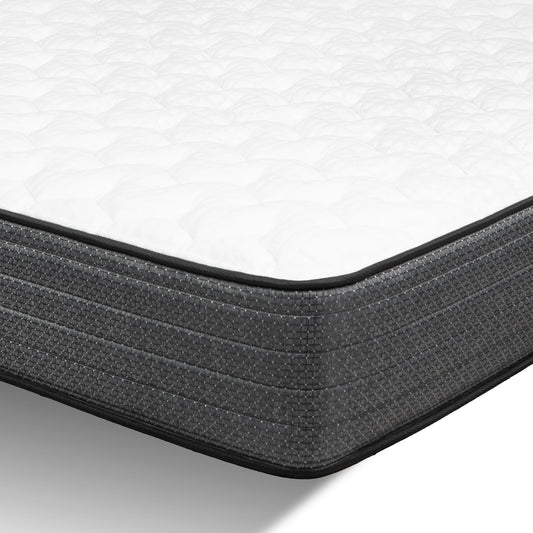
Road trips and adventures in a recreational vehicle (RV) offer the freedom to explore the great outdoors while enjoying the comforts of home. However, one aspect that can make or break the experience is the quality of sleep you get while traveling in an RV. Thankfully, with a little preparation and some helpful tips, you can ensure a better night's rest on the road, making your journey even more enjoyable.
Invest in a Quality Mattress: One of the most crucial factors affecting your sleep quality is the mattress you sleep on. Most RVs come with stock mattresses, which are often thin and uncomfortable. Consider investing in a high-quality mattress specifically designed for RVs, ensuring optimal support and comfort. Memory foam mattresses or air mattresses are popular choices for RVs due to their ability to conform to your body, relieve pressure points, and provide a good night's sleep.
Upgrade Your Bedding: To enhance your sleeping experience, it's essential to have the right bedding. Upgrade your RV's bedding to include high-quality sheets, cozy blankets, and comfortable pillows. Opt for moisture-wicking and breathable materials that can help regulate your body temperature, especially when traveling in extreme weather conditions.
Block Out Light and Noise: While RVs offer a cozy shelter, they can sometimes be subject to outside disturbances that hinder a peaceful slumber. Install blackout curtains or shades to block out excess light, ensuring a darker environment conducive to sleep. Additionally, consider using earplugs or a white noise machine to drown out any external noise, such as traffic or campground activities, which can disrupt your sleep patterns.
Maintain a Consistent Sleep Routine: Sticking to a regular sleep schedule can work wonders for your sleep quality on the road. Try to maintain consistent bedtimes and wake-up times, even if your travel plans vary. This helps regulate your body's internal clock and promotes better sleep overall. Additionally, establish a calming bedtime routine that includes activities like reading a book or taking a warm shower, signaling to your body that it's time to wind down and prepare for sleep.
Optimize Temperature and Ventilation: Temperature control can significantly impact sleep quality. Ensure your RV is properly insulated and equipped with an efficient air conditioning or heating system, depending on the weather conditions you anticipate. Maintain a comfortable sleeping temperature by using fans or heaters as needed, allowing for a restful night's sleep.
Minimize Vibrations and Motion: The movement and vibrations caused by an RV in motion can impact your sleep. To minimize this, park your RV on level ground whenever possible, reducing the amount of movement you feel while sleeping. Additionally, consider using stabilizing jacks to further minimize vibrations. These steps can significantly improve your sleep quality and make you feel more refreshed upon waking up.
Prioritize Comfort and Ergonomics: Finally, make your sleeping space as comfortable and ergonomic as possible. Consider investing in memory foam mattress toppers or pillows that conform to your body, providing extra support and relief. Adjust your sleeping position and add extra cushions or pillows as needed to ensure proper alignment and reduce discomfort.
In conclusion, getting a good night's sleep while traveling in an RV is crucial for an enjoyable journey. By investing in a quality mattress, upgrading your bedding, blocking out light and noise, maintaining a consistent sleep routine, optimizing temperature and ventilation, minimizing vibrations, and prioritizing comfort and ergonomics, you can significantly enhance the quality of your RV sleeping experience. So, go ahead and hit the road, knowing that a restful night awaits you in your home on wheels!




